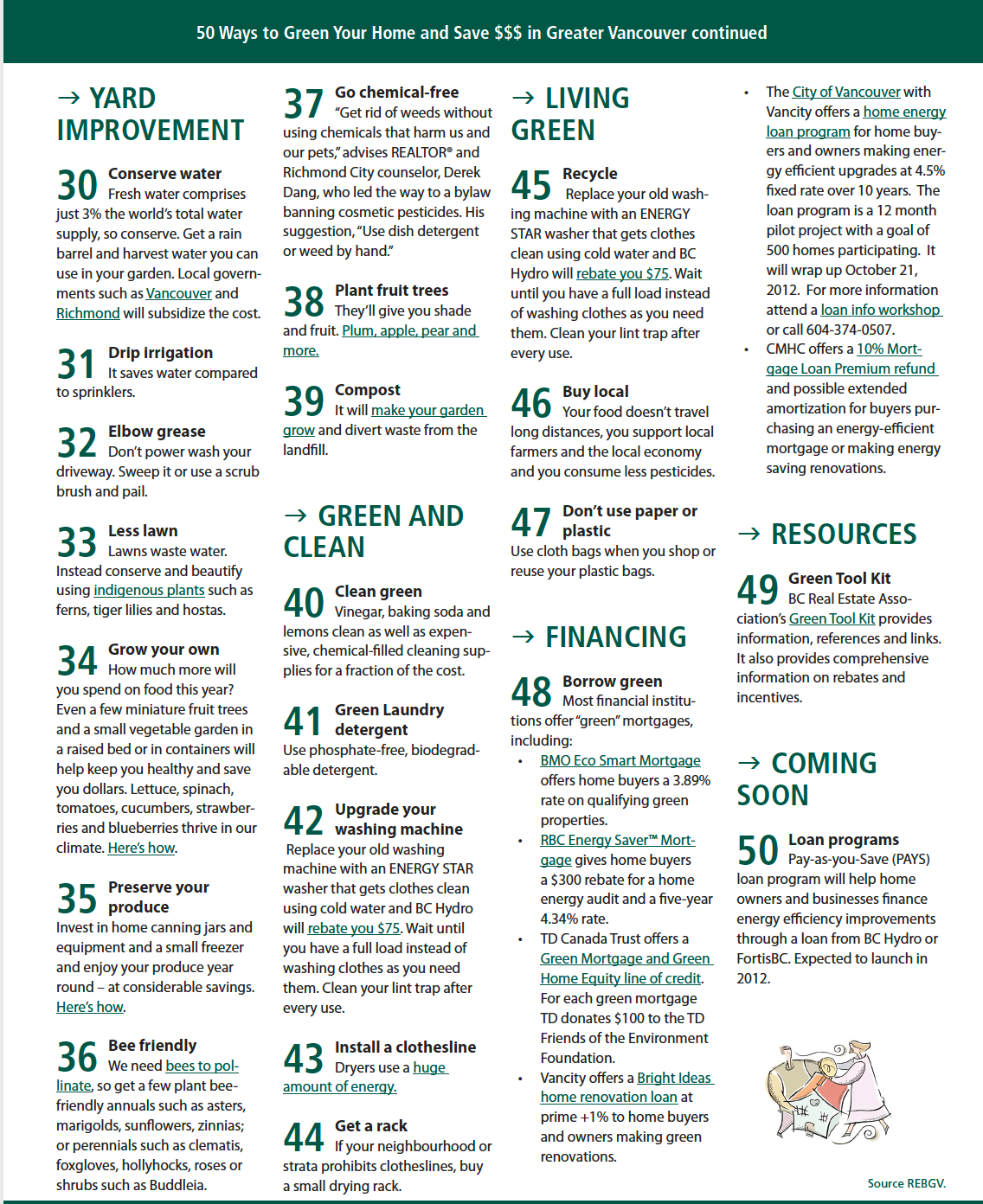
I thought I choose an appropriate topic since today is Earth Day. But, not the green guys on the left. Even though Earth Day has a rich history (50 years today), many people associate it with recycling. This can be a great starting point, especially because it’s an action students, schools, and families can do right away. If you want to incorporate activities on recycling in your Earth Day, be sure to check out these reduce, reuse, recycle lesson plan ideas for every subject.
Silver lining of COVID19 pandemic is how the Earth ‘healed’ itself with low pollution and other pollutants caused otherwise by humans. We all want to do our part and be gentle to mother Earth and save some money at the same time. There are so many offers out there and consumers do not exactly know what’s worth to explore or not. Many tips focus on strategies such as using energy-efficient light bulbs, double-paned windows, solar panels, recycling, and using sustainable materials for new builds and renovations.


One reason being is that not all offers may not be still valid when purchase, renovate or build a new home, as you will find out government eliminates certain incentive without or in short notice.
Here is Rebate Research Tool to help find out what conservation helps you save money https://betterhomesbc.ca/rebate-search-tool/
The Home Energy Retrofit OfferThe Home Energy Retrofit Offer replaces the government’s now un-funded Live-Smart Efficiency Incentive Program. It provides up to $6,000 in rebates to customers of BC Hydro and Fortis who install one or more items from a specific list that includes building envelope insulation, weather sealing, and efficient space and water heating equipment.
If your property is considered Heritage here are more info what grants are available https://www.vancouverheritagefoundation.org/get-a-grant/heritage-conservation-grants/
The Energy Conservation Assistance ProgramThis is an important program. Historically, the low-income energy conservation programs of both BC Hydro and Fortis have been hampered by low rates of customer participation. People on low budgets often cannot afford to invest in capital upgrades, and many low-income people, being renters, do not have the authority to upgrade their accommodations.


How about my garden? what are some of the green alternatives? Here are a few tips for greener gardening:
1. Avoid Pesticides and Weed Killer
Instead of relying on harsh chemical pesticides and herbicides that can contaminate soil – and also harm beneficial insects – deal with weeds the old-fashioned way – pull them by hand. Not only does this keep your garden free of chemicals, it’s great exercise and can actually be relaxing!
2. Put Tools Away at the End of the Day
While it may be tempting to leave your tools lying about at the end of a day spent working in the garden, taking the time to put them away has multiple benefits. First, your tools will last longer if they’re not left out in the elements. Also, tools left out in the rain can rust, which can leak into the soil.
3. Decorate with Natural Materials
Garden gnomes and other ornamental pieces add colour and charm to your outdoor space, but they can also leech unwanted chemicals into the ground. Instead of painted objects, consider decorating your garden with items made from natural components such as bamboo, wood, string, or other organic materials. You can also use a variety of flowers and plants to bring colour and texture into your yard.
When it comes to going green, you don’t have to make big changes to make a difference. Every small thing you do differently contributes to a larger impact in the long run. Happy gardening! and saving!
Instead of relying on harsh chemical pesticides and herbicides that can contaminate soil – and also harm beneficial insects – deal with weeds the old-fashioned way – pull them by hand. Not only does this keep your garden free of chemicals, it’s great exercise and can actually be relaxing!
2. Put Tools Away at the End of the Day
While it may be tempting to leave your tools lying about at the end of a day spent working in the garden, taking the time to put them away has multiple benefits. First, your tools will last longer if they’re not left out in the elements. Also, tools left out in the rain can rust, which can leak into the soil.
3. Decorate with Natural Materials
Garden gnomes and other ornamental pieces add colour and charm to your outdoor space, but they can also leech unwanted chemicals into the ground. Instead of painted objects, consider decorating your garden with items made from natural components such as bamboo, wood, string, or other organic materials. You can also use a variety of flowers and plants to bring colour and texture into your yard.
When it comes to going green, you don’t have to make big changes to make a difference. Every small thing you do differently contributes to a larger impact in the long run. Happy gardening! and saving!
